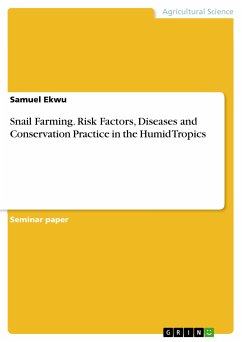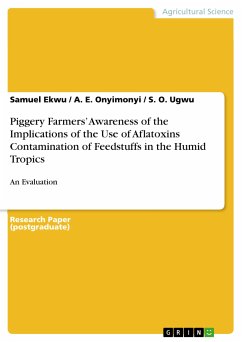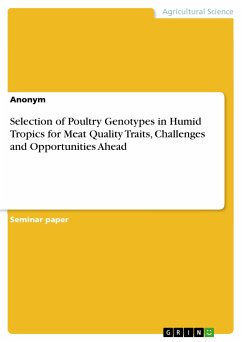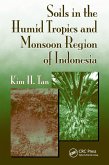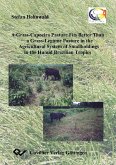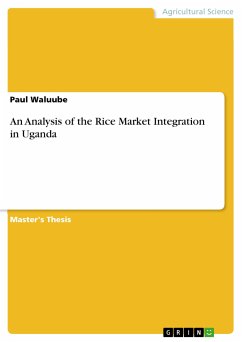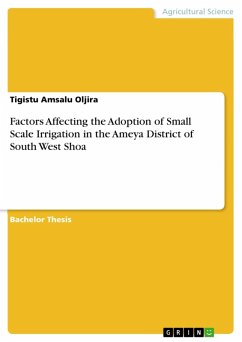Seminar paper from the year 2016 in the subject Agrarian Studies, grade: 4.4, , course: ANIMAL HUSBANDRY AND MANAGEMENT PRACTICES, language: English, abstract: This paper examines the various human and non-human factors endangering snail species' population, growth, development and reproduction both in the wild and under domestication; it also highlights the diseases affecting edible snails, conservation consciousness and preventive management practices to be adopted by snail farmers in West Africa in order to ensure the continued existence of these indigenous species with their enormous nutritional, health and economic benefit to mankind. In recent times, the wild snail species population in West Africa has witnessed a steady decline in its population and biodiversity attributed to the impact of human activities, predators, climatic factors and diseases. With the expected 30% rise in the world's population from 7.03 billion in 2010 to 9.14 billion in 2030, adequate measures should be taken and adopted to ensure the continued existence of these economic snails biodiversity in the ecosystem. Some of the unsupported snail hunting and population depleting behaviours of the farmers in the region are highlighted and corrected.
Dieser Download kann aus rechtlichen Gründen nur mit Rechnungsadresse in A, B, BG, CY, CZ, D, DK, EW, E, FIN, F, GR, HR, H, IRL, I, LT, L, LR, M, NL, PL, P, R, S, SLO, SK ausgeliefert werden.

